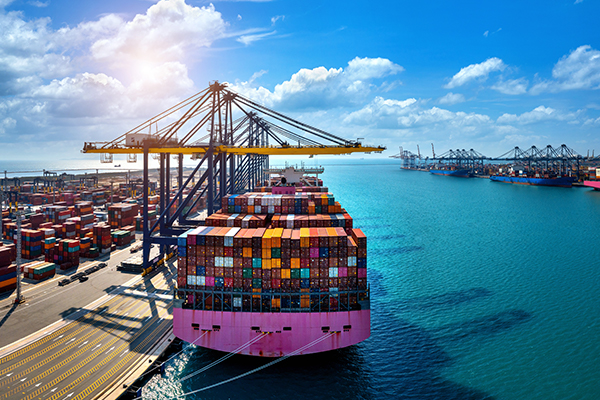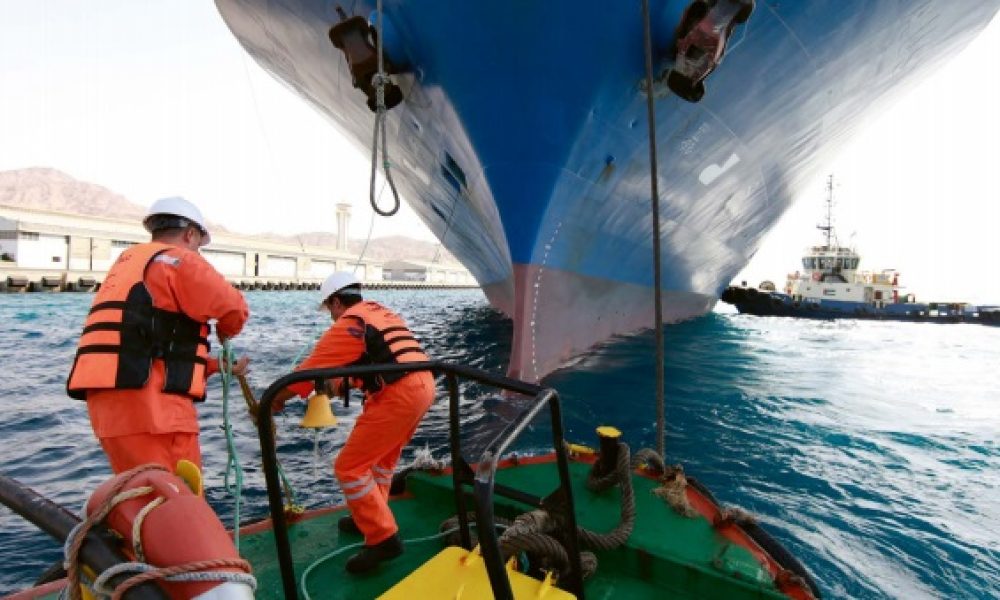In the complex network of global shipping lanes that stitch together our modern world, the demand for high-quality marine supplies Singapore businesses offer has never been more crucial. For centuries, this island nation has transformed itself from a modest fishing village into one of the world’s premier maritime centres, where the procurement of essential nautical equipment has become an art form refined through generations of seafaring expertise. Like the early sailors who navigated by stars, today’s maritime professionals navigate the complex ecosystem of Singapore’s marine supply chain with precision.
The Historical Tide: Singapore’s Maritime Metamorphosis
Long before container ships dominated the horizon, Singapore’s strategic position at the crossroads of East-West trade routes determined its destiny. Like early humans who evolved near water sources for survival, Singapore evolved around its natural deep-water harbour.
The maritime history of Singapore reflects the broader human tendency to congregate around valuable resources. As Raffles established the trading post in 1819, he merely formalised what geography had already ordained—that this island would become a crucial node in humanity’s quest to conquer the seas.
The colonial period saw the first structured marine supply chains emerge, as British merchants established warehouses stocked with essential nautical provisions. This pattern of centralised distribution would become the template for the sophisticated networks we see today, demonstrating how cultural practices can solidify into institutions that outlast their creators.
“Singapore represents the perfect convergence of geography and human ingenuity. Our marine supply chain has evolved through centuries of adaptation to become one of the most sophisticated in Asia.” – Singapore Marine Suppliers Association
The Ecosystem of Marine Provisions
Today’s marine supplies sector in Singapore functions much like a complex adaptive system, with hundreds of specialised providers forming an intricate web of interdependent businesses. This ecosystem offers:
· Navigation Equipment: From traditional compasses to state-of-the-art GPS systems
· Safety Gear: Life rafts, fire suppression systems, and personal flotation devices
· Engine Components: Everything from massive ship engines to the smallest specialised parts
· Maintenance Supplies: Paints, lubricants, and cleaning solutions designed for marine environments
· Communication Systems: Satellite phones, radio equipment, and emergency beacons
Just as our ancestors transitioned from stone tools to bronze and then to iron, Singapore’s marine suppliers have continuously evolved their offerings, adapting to changing technologies and regulatory requirements with remarkable agility.
The concentration of expertise in Singapore’s Tuas and Jurong maritime districts mirrors ancient human settlements, where proximity bred specialisation and accelerated knowledge transfer. This geographical clustering creates competitive advantages that continue to attract global shipping operators seeking efficiency and reliability.
The Cognitive Revolution in Maritime Commerce
The most successful marine suppliers in Singapore share a common trait with humanity’s most adaptive species—they communicate and cooperate across boundaries. This cognitive flexibility has allowed the industry to develop collaborative networks that extend beyond simple commercial relationships.
The marine supplies sector in Singapore operates on a foundation of shared knowledge and specialisation. Rather than competing directly, many suppliers have carved out distinctive niches, creating a cooperative ecosystem that benefits the entire industry.
This collective intelligence manifests in industry associations, trade shows, and information-sharing platforms that distribute knowledge much as early human groups shared survival techniques. The result is an industry that evolves faster than any individual entity could manage alone.
Technological Adaptation and Digital Transformation
The digital revolution has transformed marine supplies in Singapore just as profoundly as the agricultural revolution transformed early human societies. Online catalogues, inventory management systems, and predictive maintenance schedules have created new efficiencies previously unimaginable.

Today’s most forward-thinking marine suppliers have embraced:
· Digital supply chain management
· IoT-enabled inventory tracking
· AI-powered demand forecasting
· Blockchain for transparent procurement processes
· Virtual showrooms for remote equipment inspection
These technological adaptations represent not merely incremental improvements but fundamental shifts in how marine supplies are sourced, distributed, and maintained—shifts as significant as the invention of writing was to early civilisations.
Navigating Towards Sustainability
Perhaps the most significant shift in Singapore’s marine supplies industry mirrors humanity’s growing awareness of our impact on the environment. The industry now finds itself at a crossroads similar to other pivotal moments in human history—adapt to ecological constraints or face potential collapse.
Progressive suppliers are now offering:
· Biodegradable lubricants and cleaning agents
· Energy-efficient lighting and electrical systems
· Alternative fuel solutions
· Water conservation technologies
· Waste management systems that minimise environmental impact
This ecological awakening represents not just adaptation but potentially the beginnings of a new chapter in maritime commerce, where success is measured not only in profit but in sustainability.
“What distinguishes Singapore’s marine supply sector is not just the quality of individual components, but how seamlessly they integrate into a comprehensive solution for vessel operators.” – Maritime and Port Authority of Singapore
The Future Horizon
As we contemplate the future of maritime commerce, Singapore’s marine supplies industry stands at the vanguard of innovation. The next chapter in this evolutionary tale will likely be written by those who can balance technological advancement with environmental stewardship.
The most successful providers will be those who understand that modern shipping requires not just physical components but integrated systems—much as early humans needed not just tools but the cultural knowledge to deploy them effectively.
For vessel operators navigating the complex waters of global shipping, the relationships forged with reliable suppliers represent not just commercial transactions but partnerships essential for survival in a competitive marketplace—partnerships increasingly centred around the expertise found within the vibrant community of marine supplies Singapore.










